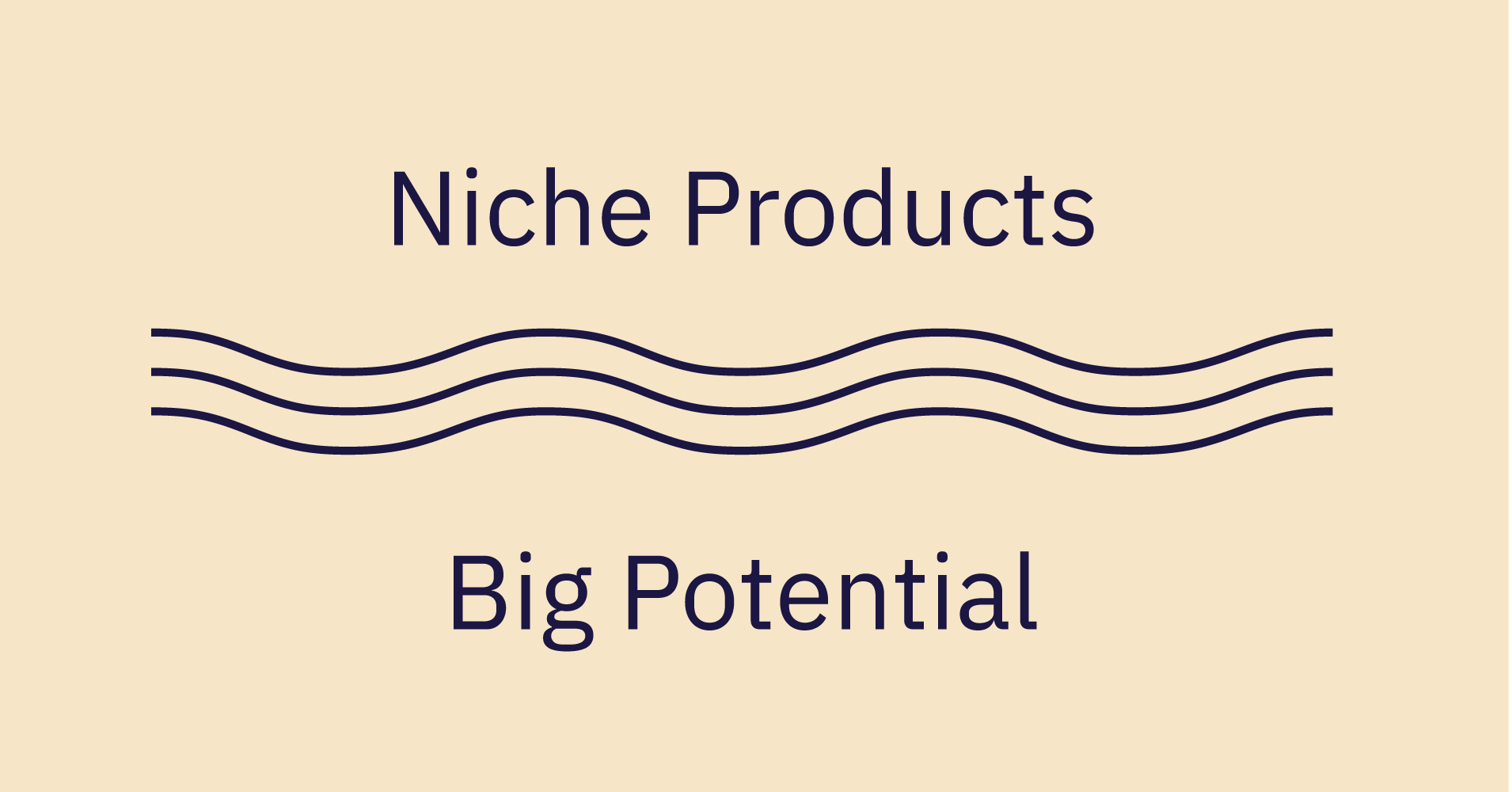Vinyl records, Kopi luwak, traditional film cameras—they sound useless to us and maybe even odd, but they’re loved by a devoted community of enthusiasts. These niche products fetch a higher price because they serve specialist demand. More specifically, the low competition offers price inelasticity that ensures smaller businesses can thrive.
Multinational companies can certainly offer niche products but with little need for economies of scale and high output, it often doesn’t make financial sense.
However, beyond not being a disadvantage for new and small businesses, niche products offer several important benefits vital to their thriving.
Higher Prices
A common reason why niche products remain niche is that they’re difficult to produce at scale. If you can get your hands on a niche product, this means you’re not constantly racing to the bottom in order to attract buyers—you’re one of the few who can offer what they want. In fact, you’re in the position to charge a higher price because consumers understand the rarity or difficulty associated with sourcing the item.
Search Rankings
In a world where findability and discoverability are ruled by Google, you can bet your success relies on where you rank for a high-intent keyphrase. With niche products, you’re often in a far better position because fewer people are searching (and therefore few are competing) for your specific product. Those who are looking for “organic turmeric coffee from southeastern Asia” are likely the people most inclined to purchase from you.
Loyal Customers
Because you’re one of the few purveyors of a product, you stand a good chance to develop a stronger relationship with your customers. You’ll likely gain repeat purchases by virtue of your niche product alone but you also have the power to use this opportunity to cultivate delightful experiences that make customers love your product AND your brand. They’re not just coming back, they’re telling their friends and friends of their friends!
Lower Marketing Costs
Because most people wouldn’t be interested in your niche product, you won’t need to advertise to everyone. That saves a good portion of your marketing budget so that you can focus and optimize for the people who matter.
Ride the Wave
Most people take pride in discovering things before they were cool. You can take pride in selling a product before it goes mainstream, and then use your experience and firmly established consumer base to best the competition when they try to catch onto the latest trend.
But it’s not all fun and gaming the market, there are potential downsides to focusing on niche products.
Cost
The reason why big retailers don’t offer a product is also the same reason why you’ll have to pay more. Economies of scale make products easier to manufacture but when you have a niche product, each step of manufacturing and production remains costly. You can ultimately make up the cost in your retail price but that depends on your ability to sell and the consumer’s willingness to pay that price.
Quality
Big brands names have nailed the entire process from production to fulfillment, while you still need to figure it out from scratch. From quality control at the manufacturer to packaging for shipping, these are all possible stumbles along the way.
Conclusion
Ecommerce competition is tough. There are a lot of sellers vying for the same target market. If you’ve got the patience, you’ve got the advantage with niche products.
